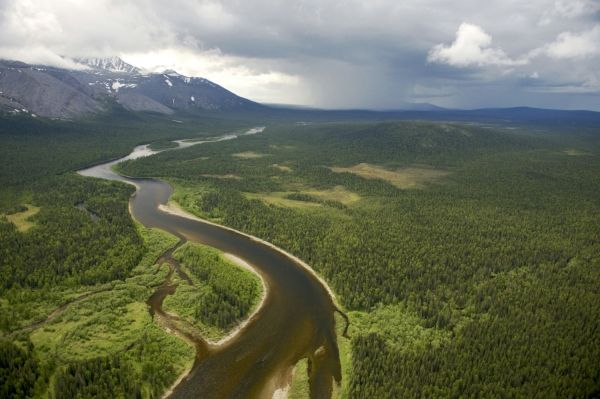It is the world’s largest forest, and it has been soaking up carbon dioxide from the air at an unprecedented rate. So why are climate campaigners growing anxious about it?
Stretching across eleven time zones, Russia has the largest area of forest on the planet, with more than a fifth of the world’s trees. New research has found that, as those trees grow faster in a warmer world and edge northward into the Arctic tundra, they are grabbing carbon dioxide from the atmosphere faster than any previous estimates would suggest.
Most years, it turns out, Russia’s boreal forests take up more carbon than is being lost to deforestation across the whole of the tropics.
It is, of course, good news for the global climate that nature is in overdrive in the great wilderness of Siberia. But climate scientists are increasingly concerned that there is a downside, too. For the government of Vladimir Putin has, in recent months, said that it plans to meet its climate commitments under the 2015 Paris Agreement in large part by counting Siberia’s carbon uptake as an offset against the country’s industrial emissions, which would therefore be allowed to continue largely unchecked.
Read More: Yale Environment 360
Virgin Komi Forest in the northern Ural Mountains in the Komi Republic, Russia. (Photo Credit: MARKUS MAUTHE / GREENPEACE)


